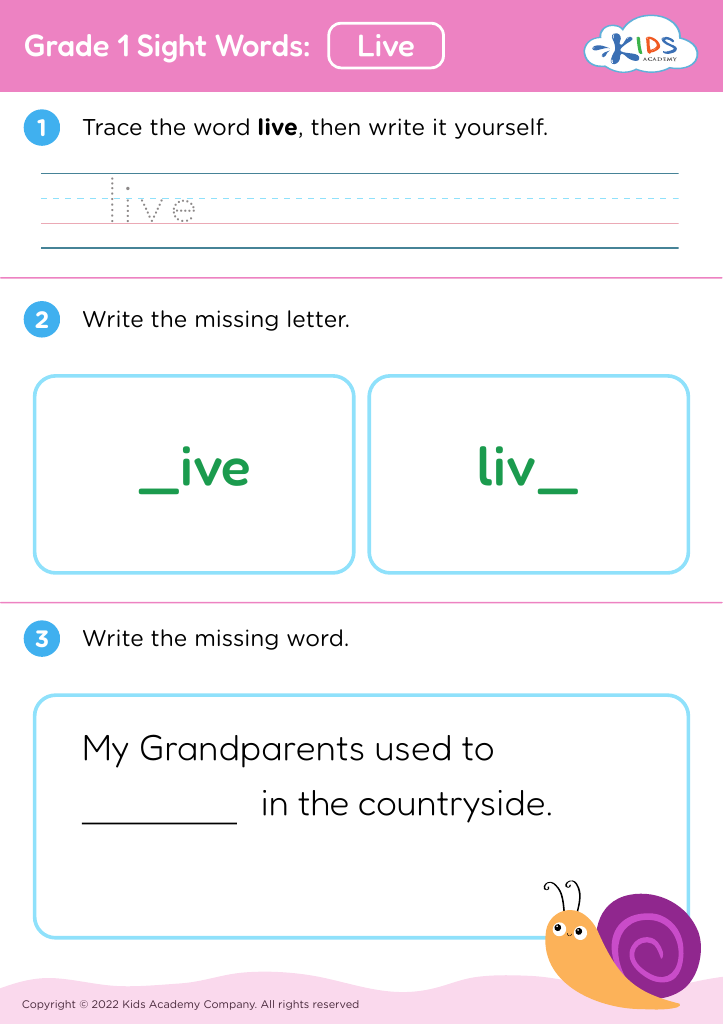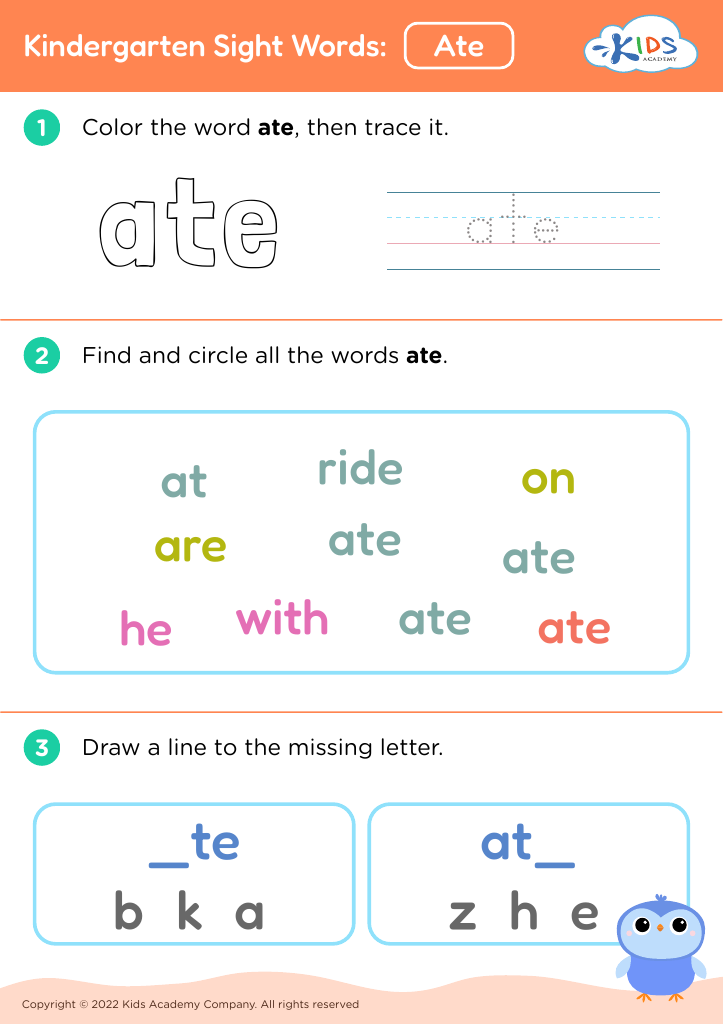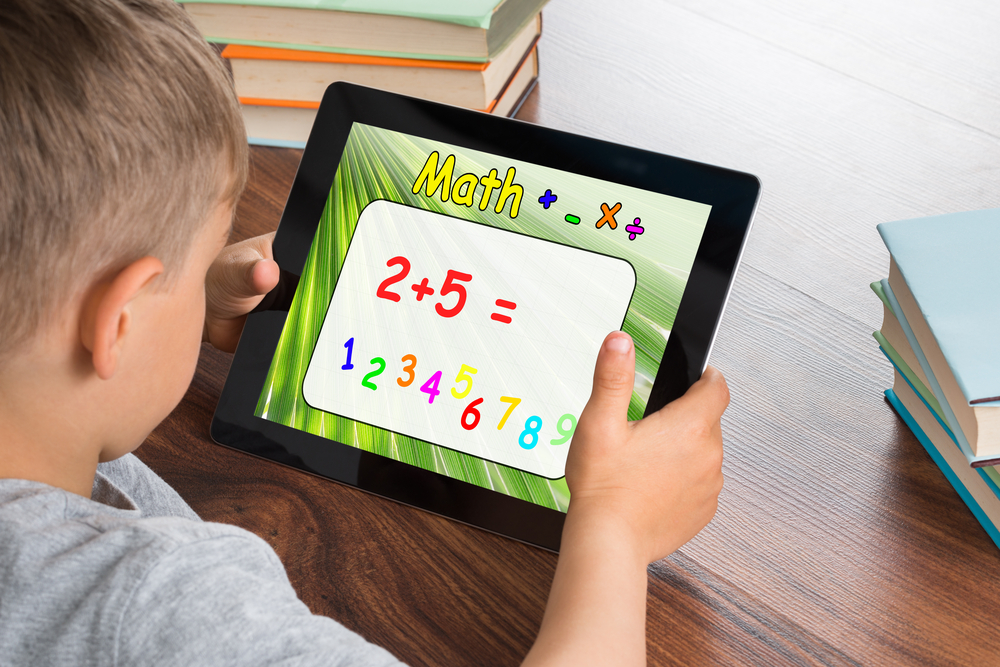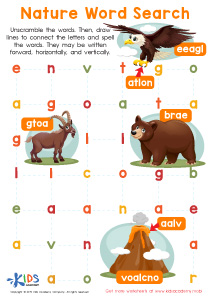Develop critical thinking Sight Words Worksheets for Ages 5-8
3 filtered results
-
From - To
Unlock your child's potential with our "Develop Critical Thinking Sight Words Worksheets" designed for ages 5-8. These engaging worksheets are carefully crafted to enhance reading skills while promoting critical thinking and problem-solving abilities. Each activity emphasizes important sight words and encourages children to analyze, compare, and think creatively. With a variety of exercises, your child will not only enjoy learning to read but also develop essential cognitive skills that will serve them well in their educational journey. Perfect for at-home learning or classroom activities, these worksheets make reading fun and interactive, laying a strong foundation for future success. Download now and foster a love for learning!
Developing critical thinking and sight words for ages 5-8 is essential for nurturing well-rounded, independent learners. At this age, children are rapidly acquiring foundational language skills, and sight words—the most commonly used words that often don't follow phonetic rules—represent a critical hurdle in reading fluency. When parents and teachers emphasize these words, children can read more smoothly, paving the way for comprehension and a love for reading.
Critical thinking, on the other hand, encourages children to analyze, evaluate, and create rather than passively receive information. Engaging children in discussions about texts encourages them to question what they read, predict outcomes, and connect ideas, fostering a deeper understanding of content and the world around them.
Books rich in sight words can be paired with activities that promote critical thinking, such as asking open-ended questions or having children elaborate on stories. Together, these skills create a foundation for stronger reading abilities and improved problem-solving skills.
By focusing on both sight words and critical thinking, parents and teachers equip children with essential tools for academic success and everyday decision-making, ultimately preparing them for lifelong learning. This balanced approach cultivates confident, curious learners ready to engage with texts and ideas critically.




















